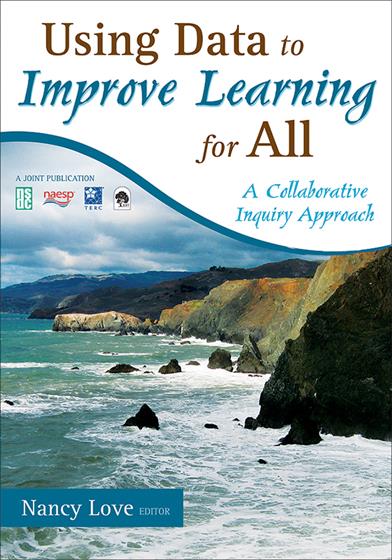Description
"This book will take you along paths forged by data trailblazers toward deeper understandings of the needs of students. The lessons learned will help you blaze your own trail."
—Page Keeley, President
National Science Teachers Association
Collaborative inquiry + effective use of data = significant leaps in learning and achievement!
Closing the achievement gap, reducing the failure rate of underserved students, and meeting accountability requirements are primary goals for educational leaders. This valuable handbook arms leaders with the tools to use data to work for students' benefit, with an emphasis on promoting equity within a culturally proficient school environment.
Presenting a conceptual framework and practical methods, this resource combines a powerful collaborative inquiry process, reflective dialogue, and rigorous use of data to improve outcomes for all students. The book includes detailed examples of schools that have demonstrated dramatic gains by building collaborative cultures, nurturing ongoing inquiry, and using data systematically. The editor and chapter contributors show school and district leaders how to:
- Implement collaborative inquiry to meet accountability mandates
- Build and support a high-performing data culture
- Establish a school climate characterized by collective responsibility for student learning and a respect for students' cultures
The user-friendly overview and step-by-step guidelines help educators develop and refine the skills, knowledge, and dispositions needed to use data effectively and significantly improve teaching and learning.
Key features
- Provides powerful evidence of the value of collaborative cultures, the rigorous use of data, and reflective dialogue in closing achievement gaps and improving results for all students
- Includes a user-friendly overview and step-by-step guidance for planning and implementing the Using Data Process of collaborative inquiry
- Provides educators with the skills, knowledge, and dispositions to put school data to work for improving teaching and learning
- Chapters 5 and 6 provide detailed case examples of school cultures where collaborative inquiry is thriving and driving dramatic improvement
- Includes a rationale, conceptual framework, and practical tools for bringing a culturally proficient perspective to collaborative inquiry and use of data


